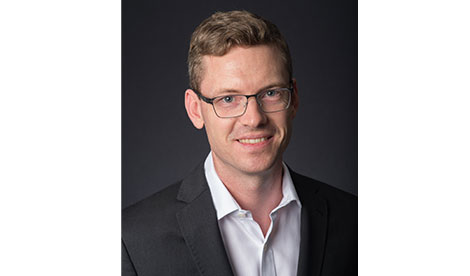

Blog

Post Training Fellowships
Thursday October 15, 2020
The Australian Medical Association (WA) has recently shone the spotlight on questionable industrial practices involving the local employment of fellows. It is timely to review the broader issue of the informal exchange of fellows between Western Australia and other states and countries.
In some specialties, interstate or overseas post-training fellowship time, typically of one to four years’ duration, is virtually a prerequisite for a consultant appointment. There is little doubt that the acquisition of particular knowledge, skills and approaches to clinical problems from further afield by locally trained doctors benefits the health of Western Australians.
However, individual doctors are generally responsible for identifying, arranging and often funding suitable fellowship opportunities. Without an overarching long-term strategy or coordination at a system level, there is no guarantee that the system will need and provide subspecialty employment for these doctors.
Examples exist of doctors who have been left unemployed after travelling overseas for extensive fellowship training to fulfil a local unmet subspecialty need, only to find that the need has been met before their return home.
On the other hand, the system does not proactively acquire the skills that it does need for succession or progress in highly specialised fields, leaving it vulnerable.
A further issue is that many fellowship opportunities come with a significant pay-cut, biasing their accessibility towards doctors of greater means.
That our health system benefits from the training of our doctors by other health systems creates a moral obligation for our system to provide similar opportunities to doctors from elsewhere. It is therefore justifiable that a certain number of placement or employment opportunities are quarantined for interstate or overseas applicants. Provided that the fellow is appropriately sponsored by their home state or country, it may also be justifiable that wages differ from those for local trainees and consultants.
However, the health service boards must have oversight and enforce the fundamental principles of the WA Health System – Medical Practitioners – AMA Industrial Agreement 2016 (the Agreement), to prevent exploitation and unsafe practices.
While international coordination of fellowship opportunities across all specialties may be a bridge too far, particularly at present, national coordination of fellowships would be feasible. This currently occurs with pre-fellowship training within certain specialties. It would require:
- Each participating state to have an understanding of its future specialty workforce requirements with regard to projected attrition, changing profiles of disease in the community and developments in diagnosis and treatment;
- Agreement regarding equitable access to fellowship positions and a national allocation scheme; and
- Agreement to funding arrangements: for example, the sponsor state and the host state may each pay half of the applicable salary in the host state, with a return-of-service bonding arrangement if necessary.
Interstate and overseas fellowships have long provided significant benefits to the careers of doctors and, more importantly, to the health of our patients, and should be considered essential to a high-quality health system. Maximising their benefits requires modernisation of arrangements to enable a diverse mix of doctors to develop subspecialty skills and bring them back into the Western Australian health system in a planned way.

